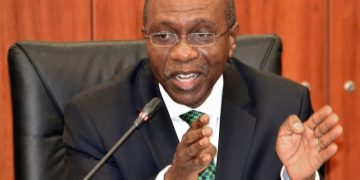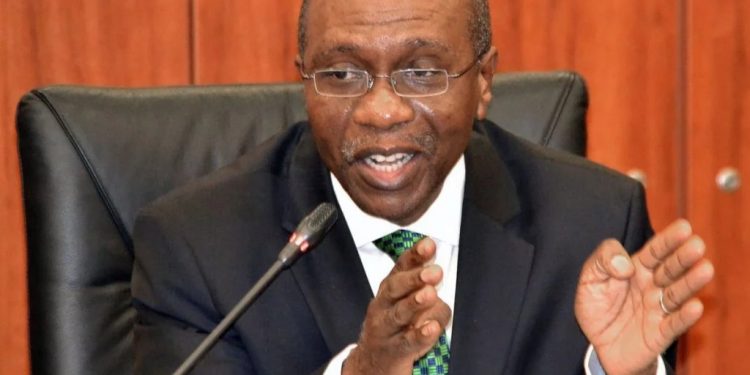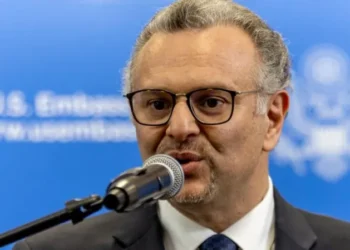By Emmanuel Nduka
The Central Bank of Nigeria (CBN) has unveiled a framework designed to guide the selection of 100 targeted private companies for financial support in the next 100 days.
The support comes under the CBN’s 100 for 100 Policy on Production and Productivity (PPP), with application process for private companies to participate opening on November 1.
Releasing the framework on Sunday, Governor of the apex bank, Godwin Emefiele revealed the conditions interested companies must meet to qualify for the programme.
“This is the operational framework for a robust and transparent process for identifying and selecting high-impact companies and projects under the CBN’s 100 for 100 PPP.
“These are projects that must catalyse sustainable employment-led economic growth through increased domestic production and productivity in the near term.
“The projects for consideration shall be new projects in existing companies requiring new machinery and other support and must have the greatest potential to achieve significant scale in their in-country production and for domestic consumption and exports,” part of the framework read.
He said the PPP initiative would be anchored in the Development Finance Department of the CBN under his direct supervision.
Emefiele said the initiative was based on the conviction that with the right support, the country would begin to see “a significant, measurable and verifiable increase in local production and productivity, reduction in certain imports, increase in non-oil exports, and improvements in the foreign exchange-generating capacity of the economy.”
Under this policy, Emefiele said the CBN would advertise, screen, scrutinise and financially support 100 targeted private sector companies within 100 days.
In the framework, the CBN noted that the selection criteria for participation would be premised on immediate contribution to economic growth, jobs creation, and social impact.
While noting that the criteria to be used in the selection process would be evidence-based, transparent and measurable, the CBN also said it would among other things provide naira intervention funding, as well as foreign exchange for selected companies to purchase new machinery.
“This instrument is for only new projects; it will not cover any refinance of existing facilities and will be subject to independent evaluation by international Audit firms. All intervention under this project will be made public and published in national dailies,” Emefiele added.
Emefiele had during the launch of the eNaira announced plans to introduce a new financial instrument to boost local production and productivity in various sectors of the economy, and reverse Nigeria’s over reliance on imports.



































